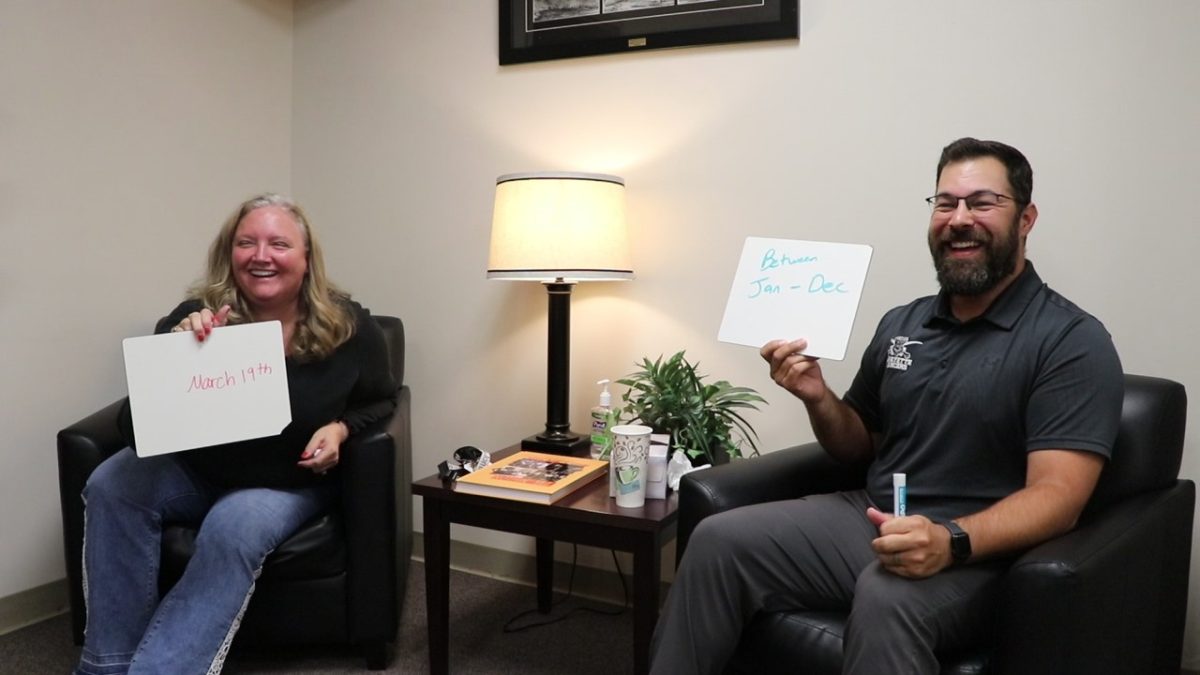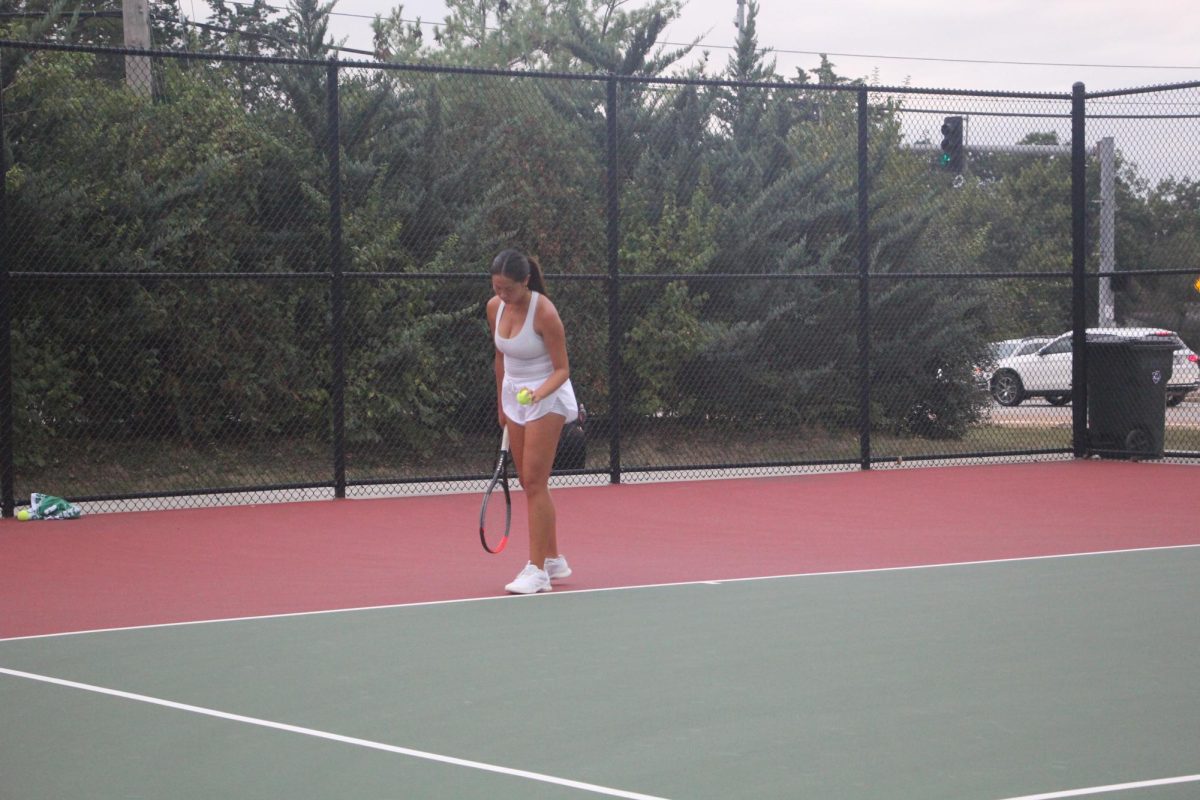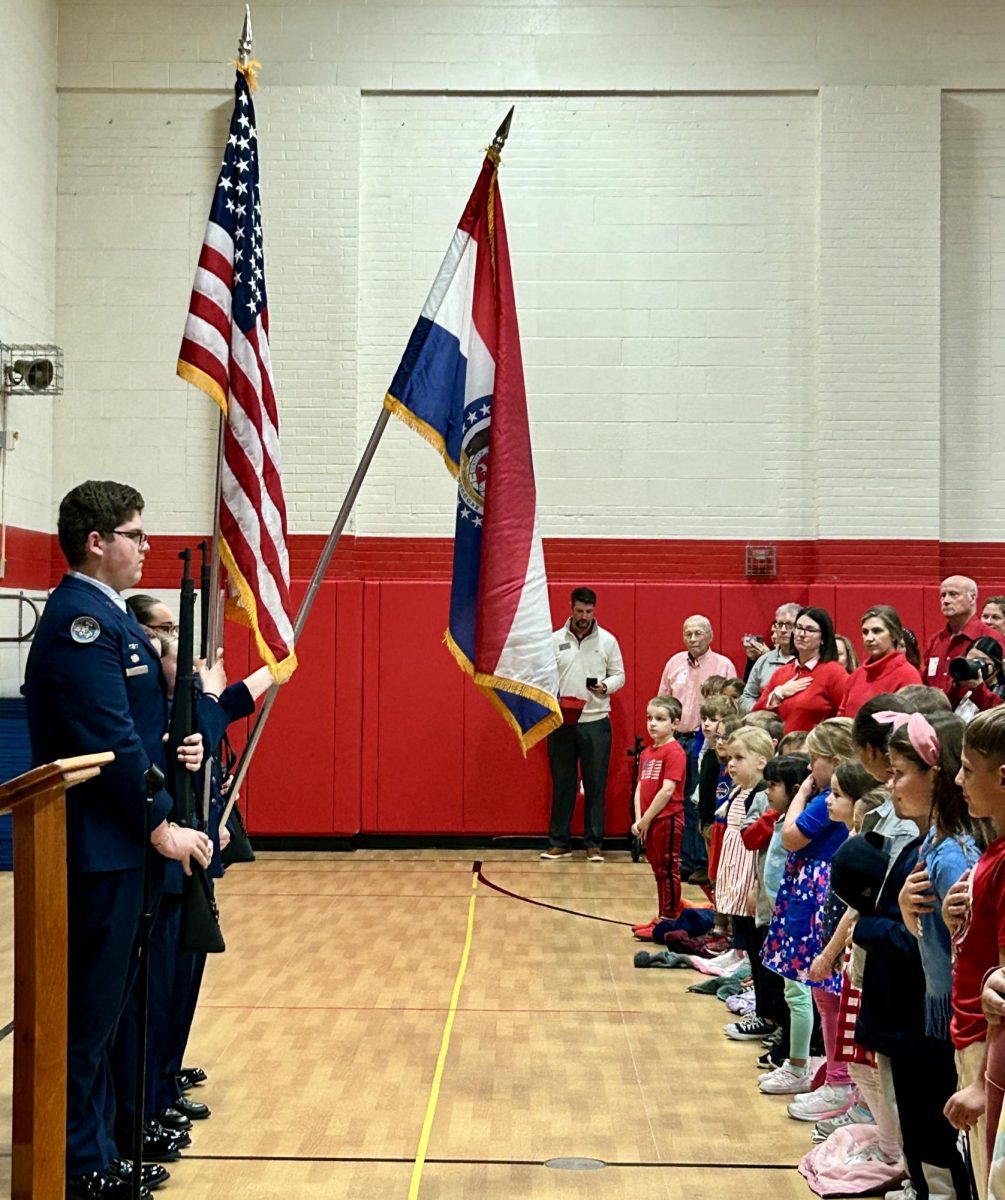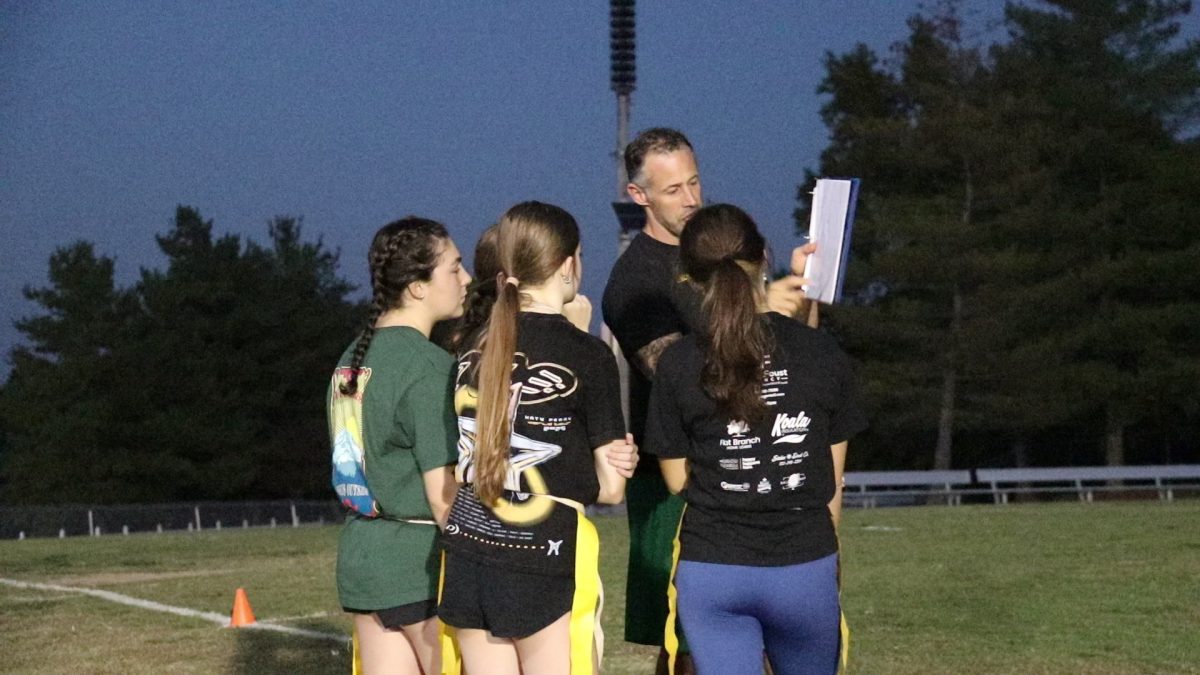Cafeteria workers struggle with district-wide staff shortage
With the worker shortage in the Cafeteria, Lafayette’s child nutritionists struggle to make over 1100 lunches a day. Volunteers, student workers and culinary classes have helped workers feel less rushed to get meals done in time.
November 3, 2021
As students begin to get comfortable with the return to normalcy in schools, some students wonder why the cafeteria food has not returned to its normal, abundant self. Speculation varies between post pandemic issues and lowered wages.
“[I think] coronavirus cut the supply and affected the wages of the cafeteria workers,” junior Yasmin Hassan said.
Though some factors Hassan has mentioned do play a part, the main reason for the reduced lunch is not because of any financial issues or district errors, but rather a sudden cafeteria worker shortage that is affecting the nation.
Prior to COVID, the staffing was not nearly as low, allowing cafeteria manager Kimberly Moore to better distribute the jobs. Unsure of why the shortage is occurring, Moore is now struggling to find enough people to help out.
“I couldn’t really tell you where they went. Three people retired right before COVID hit, but truthfully I don’t know. I don’t even know why there is a shortage in America,” Moore said.
Moore is supposed to have 17 people to suffice for the amount of work needed done in the kitchen everyday, but only started off the year with 7 employees.
“When I have a crew of 17, it’s like a well-oiled machine. Everybody had their job. Now, everybody has three jobs,” Moore said. “We feel like we’re rushing constantly. We’re here between 5:30 a.m. and 5:45 a.m. everyday. As soon as we hit that door, we get working to get breakfast ready. As soon as breakfast is done, we get started on lunch.”
The shortage has been extremely hard on the workers, especially because it’s a constant cycle of food distribution.
“When the state decided to have all of the students eat free, that put a big extra burden on us. We’re probably feeding 1000 and 1100 everyday. So it’s a lot and it’s actually nonstop,” Moore said. “My anxiety is super high. I try not to take it home, but I do. Most of us are pretty stressed out, but we don’t show it.
Though the team has been struggling to make over 1000 meals a day, members around the community have jumped into the positions to help cafeteria staff.
Carmen Fischer is the Director of the Nutrition Department in Rockwood and a former dietician. Because of the shortage, Fischer and her staff have had to work in the kitchen as well.
“Everyone has to work harder and longer hours when there is not enough staff. It gets a bit stressful. Currently, my office staff and myself are working in the kitchens because they are short-staffed and we must complete our other office work as well,” Fischer said.
Justin Berkely is a bus driver, but when he is available, he helps out in the kitchen.
“I currently work 3-5 days a week usually at Lafayette cafeteria and driving as well. I usually prepare food for that day and set up food for the next,” Berkeley said.
Some students have begun to take notice of the struggle in the cafeteria and a number of them have been hired to assist in the kitchen.
“If it wasn’t for the kids in this school, we would really be in trouble some days,” Moore said. “Even if they get us a head by a day, it helps.”
Senior Erica Shelton has been working for the cafeteria since the end of her junior year. Working for the cafeteria has given Shelton the opportunity to have her job and school around the same time, allowing her more free time after school and on the weekends to focus on other activities.
“It’s really convenient for me to come work in the cafeteria instead of having to go to another job after school. I can come here, work in the morning, and have the afternoon to myself to get caught up on homework. It’s a great team back there,” Shelton said.
Before being able to work with the cafeteria, Shelton took Foods 1 and some of Foods 2 beforehand.
“I start at 8:30 every morning here, and I usually go until about 12:30, and if they need me during AcLab, I’ll work during AcLab as well,” she said.
While helpful in giving her more free time, Shelton also sees it as an opportunity to learn more about working as an adult.
“I believe it’s getting me ready for what the real world is going to be like. I’m majoring in business and maybe one day I’ll open a restaurant and this will help,” Shelton said.
Along with student employees, the cafeteria staff also has been getting volunteers from the culinary classes. Students help in preparing food, washing and cutting fruit, filling drink machines, chip racks and utensils and more.
“They have been very helpful. I like that we actually get to teach them something,” Moore said.
Even with Shelton’s and other students’ help, the cafeteria staff does find it difficult to provide every meal on a daily basis.
“It is taking a toll on us right now, but we’re still trying to push through and power through to make sure that every kid eats, and some days, that’s hard,” Shelton said.
To compensate, the workers must stay on their toes and take every shift in stride in order to get the work done in time.
“Every day is a new adventure. Students must be fed and I love what I do. I am a bit more tired in the evenings and am putting in more hours,” Fischer said.
Though the cafeteria staff shortage is the major problem, there are some other factors that are also impacting the cafeteria.
“There’s also a plastic shortage. We couldn’t get Gatorades for the longest time, we couldn’t even get bottled water for a while. We’ve literally almost had nothing. And the guy who delivers our Coke products said that they have an aluminum shortage, so there’s that as well,” Moore said.
Another issue in the kitchen is getting the assortment of fruits and vegetables available for students.
“The most difficult part of not having a full staff is prepping all the fresh fruit and vegetables,” Moore said. “There are approximately 500 to 600 servings of fruit that must be prepared.”
Though a major decrease began following post-COVID, there was already a staff shortage in the cafeteria before the pandemic and positions were difficult to fill. The COVID-19 pandemic made it even more difficult to hire new staff, an issue shared by many businesses.
“Everywhere you look there is a help wanted sign in the window,” Moore said.
Through the trials and tribulations that they have been put through, both Fischer and Moore think Lafayette has been doing well in helping the staff.
Lafayette administration especially has taken charge of some cafeteria duties like cleaning the tables after each lunch.
“The administrators here are fantastic. We do not have staff available to clean the tables but our administrators offered to do it. They were more than happy to do it, and I totally appreciate that. I don’t really know how it would get done if it weren’t for the administrators,” Moore said.
With a similar sentiment, Fischer is happy with the decisions Lafayette’s staff has made to assist the cafeteria staff.
“The Lafayette staff is doing a wonderful job of handling the shortage,” Fischer said. “They have adapted the serving lines to still serve students, but more efficiently.”





































